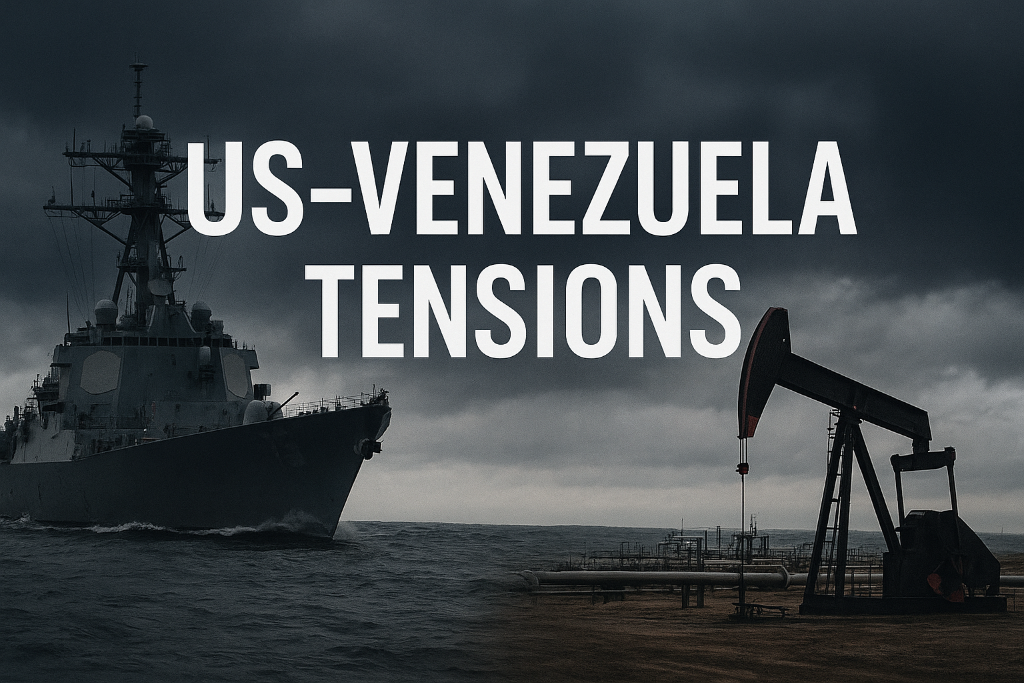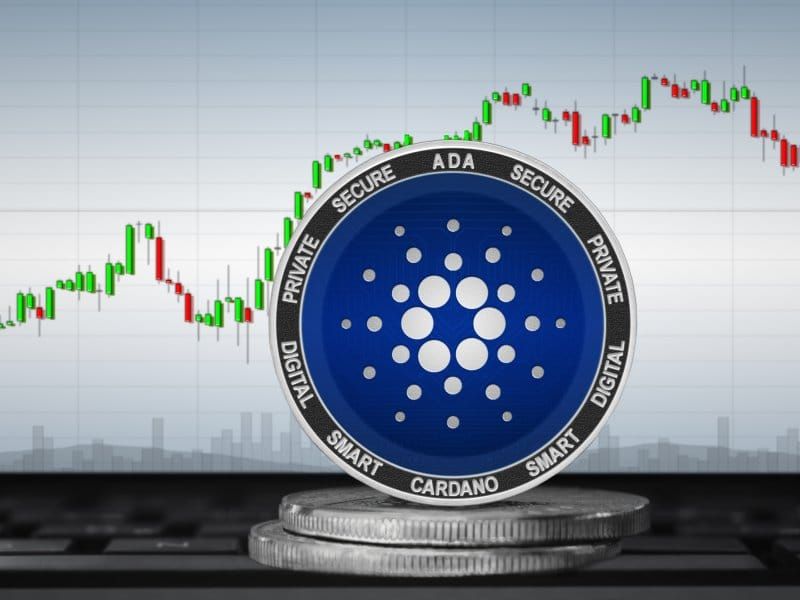For many, the current US-Venezuela tensions may not be headliner news. The United States and Venezuela are now in the thick of a high-stakes standoff where drug cartels, oil politics, and military posturing converge. US warships patrol the Caribbean, Venezuelan troops mobilize by the tens of thousands, and a $50 million bounty hangs over President Nicolás Maduro. This isn’t just a regional spat—it’s a collision with global consequences.
The Situation Today
US Escalation: The US has deployed destroyers, a nuclear submarine, F‑35s, and over 4,000 personnel in the Caribbean under the banner of combating drug cartels.
September Strike: A US airstrike sank a vessel allegedly tied to Tren de Aragua, killing 11 people. Washington called it preemptive interdiction; Caracas called it unlawful aggression.
Venezuelan Response: President Maduro has surged troops to coastal and border states, activating militias and boosting defenses.
Trump’s Warning: The US President has threatened to shoot down Venezuelan jets that approach US vessels, doubling the bounty on Maduro to $50 million.
Domestic Criticism: Not everyone in Washington supports the escalation. Lawmakers across party lines have raised concerns about legality, morality, and potential blowback.
Flashback: How We Got Here
Venezuela’s collapse has been years in the making. Once one of the wealthiest oil economies, decades of mismanagement and authoritarian rule drove the country into crisis. The US initially tried to pressure Maduro through sanctions—relaxing them briefly in 2023 when reforms were promised—but sanctions have since returned in full force. A new 25% tariff now hits countries that purchase Venezuelan oil, while US companies like Chevron have been forced to pull out.
Rather than weaken Maduro, these policies hardened his alliances with Russia, China, and Iran. Today, Caracas relies more than ever on those powers for trade and security support.
Why It Matters Globally
1. Oil and Energy Security
Venezuela holds some of the largest oil reserves in the world. With tariffs and sanctions back on the table, buyers are pushed toward shadow markets, increasing volatility in global energy pricing and undermining transparency in supply chains.
2. Militarization of Trade Policy
What began as economic sanctions is morphing into kinetic enforcement. Military deployments tied to drug trafficking blur the line between national security and trade enforcement, setting dangerous precedents for how great powers handle disputes.
3. Geopolitical Realignments
As the US tightens pressure, Venezuela draws closer to Russia and China. This deepens global fragmentation and weakens Washington’s influence in Latin America.
4. Humanitarian Fallout
Maximum pressure policies risk triggering mass migration. Analysts warn that harsher sanctions and instability could displace another million Venezuelans in the next five years, straining neighboring countries and international relief systems.
The Market Takeaway
For the market, this crisis isn’t just political theater—it’s a signal.
Energy dependence remains a strategic vulnerability. Shocks in oil-producing states ripple across global markets.
Tariffs and sanctions are blunt instruments. Overuse drives trade underground and weakens long-term market trust.
Military might can’t replace economic diplomacy. Sustainable solutions require engagement, not escalation.
We’ll see where it goes from here.




